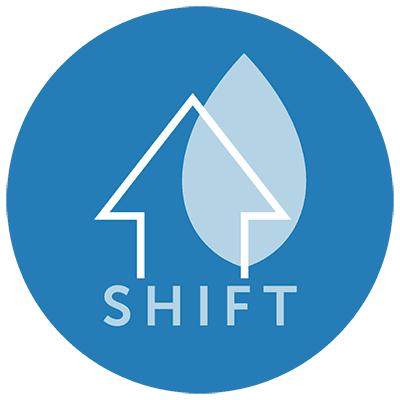SECR stands for Streamlined Energy and Carbon Reporting. It is a regulatory requirement for organisations to include their carbon emissions with their financial accounts in a specific way.
Who Needs to Comply?

Quoted companies need to comply. In addition, large unquoted companies and large limited liability partnerships need to comply. The exact criteria and exemptions are given in the guidance, but broadly speaking “large” means an organisation that satisfies two or more of the following requirements:
- Turnover £36 million or more
- Balance sheet total £18 million or more
- Number of employees 250 or more
When exploring exemptions, organisations may find it is quicker and easier to do SECR reporting on a precautionary basis, as opposed to paying for legal services to find the exemption. This way you at least have a carbon footprint baseline which you can use as a start for your sustainability journey.
What’s Involved in SECR Reporting?
Essentially the process is to gather primary data about the energy that an organisation uses in the last financial year and converting that to CO2 emissions. There are Defra conversion factors for most types of energy and these are very useful for most SECR reporting. For large unquoted organisations, the reporting must be allocated to what are known as scope 1,2 and 3 emissions. These are:
Scope 1 – typically fossil fuels you buy and combust in equipment owned or controlled by you. Examples include gas for office heating and diesel for vans operated by organisation.
Scope 2 – typically emissions related to electricity consumption (but there are other scope 2 emissions).
Scope 3 –for SECR, business mileage is compulsory but organisations may wish to report on many more scope 3 emissions related to their business. Typical examples include:
- landlords who may want to look at emissions from the buildings they let out
- companies who use lots of construction materials
- the transmission and distribution losses associated with electricity usage
Can SECR be Done In-House?
The short answer is yes. At this point in time, there are no special qualifications needed to do SECR reporting. However, there is growing concern about the quality of current SECR reporting and the concept of a professionally qualified carbon accountant is emerging.
Why ask an External Organisation to do Your SECR?

Here are some reason why you would be better off choosing a team of environmental professionals, such as SHIFT Environment, to do your SECR:
- we do hundreds of these a year which means we are quick and help you comply with the deadlines in cost efficient manner – your teams do not have to waste time learning things that only happen once a year
- we quality assure our work so that you can rely on a good audit trail for the report – especially useful for when you want to look back at reports to understand how the figure were arrived at
- we use very easy to use data collection templates which means it is very easy for you to collect the data we need in a standard way
Get in Touch Today
If you’re looking to get a compliant and professional evaluation with SECR or any other services, then get in contact with us now and we’ll be in touch shortly.
